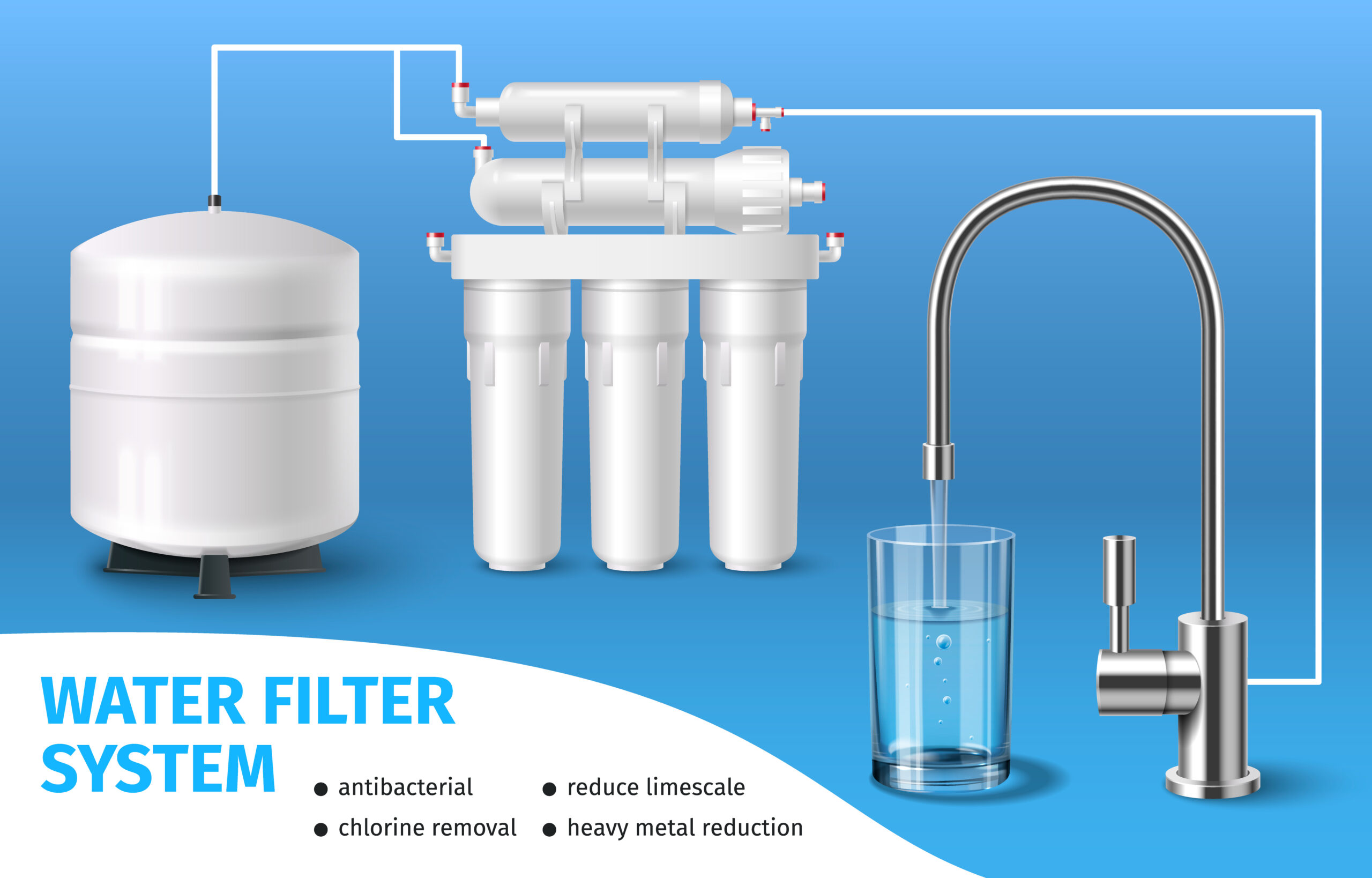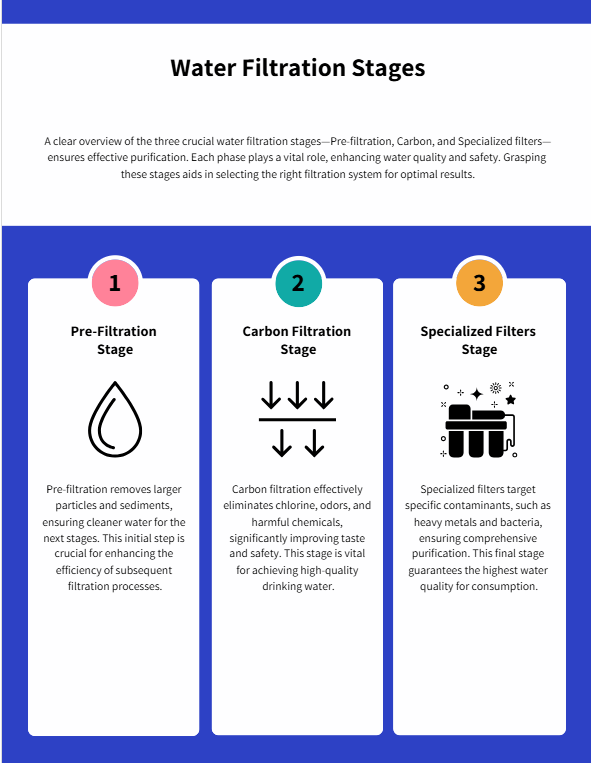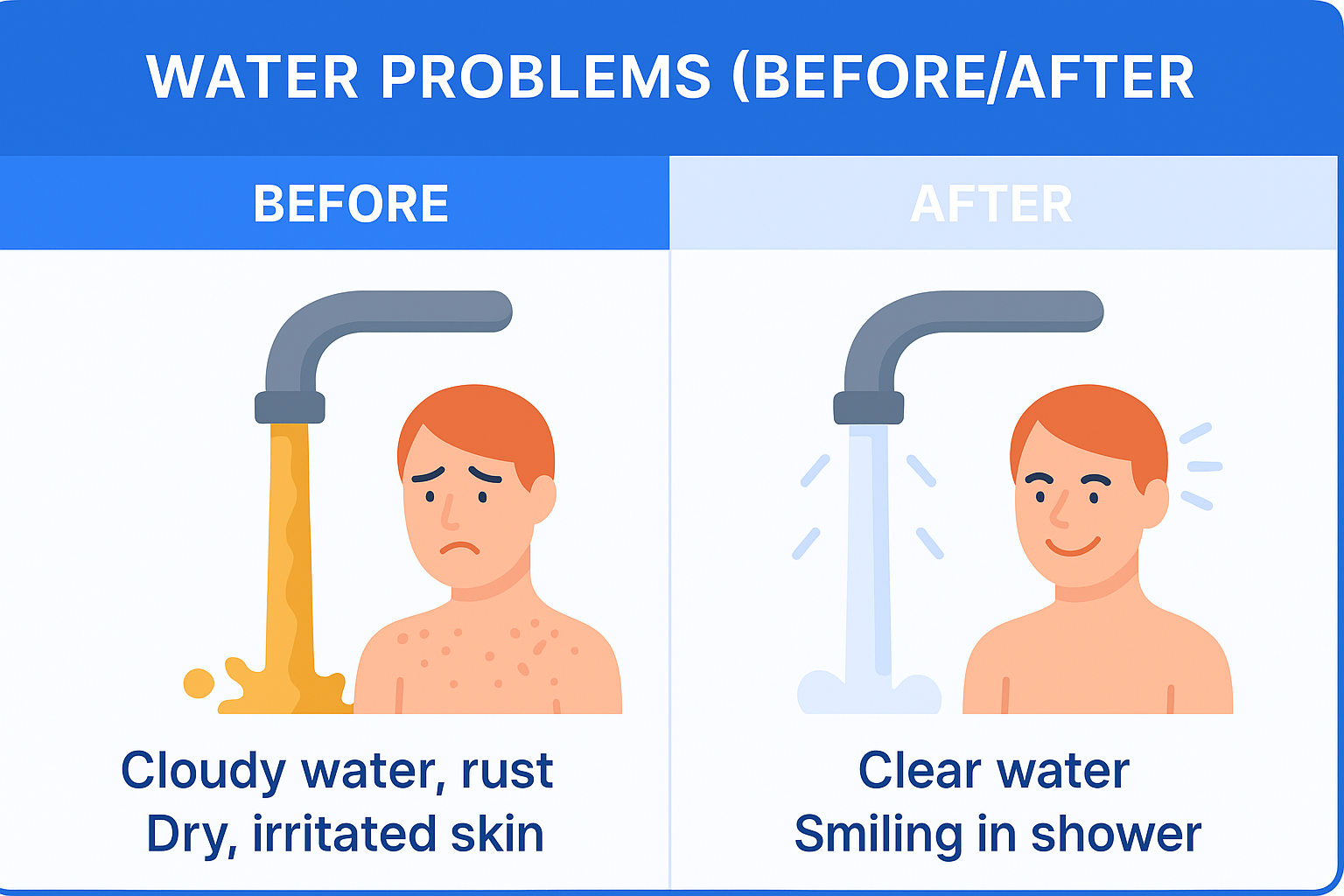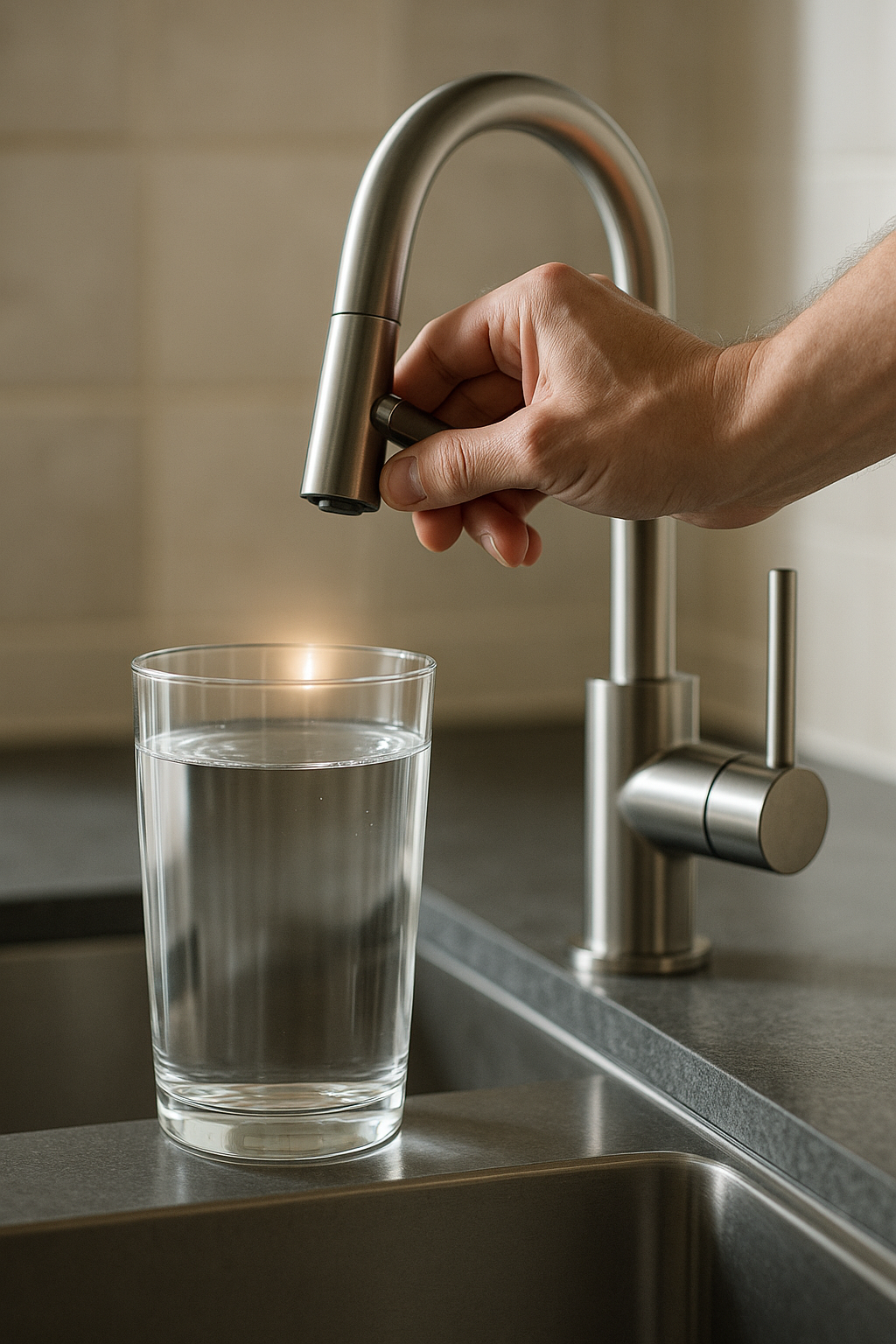Introduction: Your Home’s Water Guardian
Imagine turning on your faucet and knowing—without a doubt—that every drop of water is pure, clean, and free from hidden contaminants. No bitter chlorine taste, rust, or strange particles in your glass. Moreover, clean water is vital for your family’s health, appliances, and comfort, whether you live in the UK or the US.
It sounds like a dream, right? So, what are whole house water filters? Simply put, they are your home’s ultimate guard against contaminants, ensuring that every tap in your house delivers clean, safe water. If you’re looking for a complete guide on these systems, check out our Whole House Water Filters Guide for a deep dive into how they work, key features, and top recommendations.
In this article, I explain everything you need to know in simple, everyday language. By the end, you will know what these filters are, how they work, and if one is right for your home.
What Exactly Is a Whole House Water Filter?
A whole house water filter, also known as a point-of-entry (POE) system, is installed where water enters your home. Think of it as a guard for your water. It stops bad contaminants before the water reaches your sinks, showerheads, or appliances.
Simply put, it cleans all the water used for drinking, cooking, showering, laundry, and brushing your teeth. Consequently, this is a major benefit over filters that only clean water at one sink.

How Does a Whole House Water Filter Work?
Most whole house systems use several steps to clean your water. First, they catch big particles. Next, they improve taste and remove odors. Finally, some even remove specific pollutants. Let’s look at each step:

1. Pre-Filtration (The First Step)
- Purpose: It catches large particles like dirt, sand, rust, and sediment.
- Ideal For: Homes with well water or old pipes with heavy sediment.
- Benefit: This step helps protect the latter filters and makes your appliances last longer.
2. Activated Carbon Filtration (The Taste & Odor Fixer)
- Purpose: It removes chlorine, VOCs (volatile organic compounds), and bad smells.
- Ideal For: City water systems that use chemicals that affect taste.
- Benefit: As a result, it improves the flavor and smell of your water, making it nicer for drinking and cooking.
3. Specialized Filtration (Optional Custom Cleaning)
- Purpose: It removes substances like heavy metals (lead, mercury), bacteria, and even fluoride.
- Optional Feature: Some systems also soften water to reduce hard minerals.
- Benefit: Therefore, it offers deeper cleaning if you have unique water issues.
What Can a Whole House Water Filter Remove?
Below is a simple table that shows what different filters can remove:
| Contaminant | Carbon Filter | Reverse Osmosis | Sediment Filter |
| Chlorine & Chloramines | ✓ Yes | ✓ Yes | ✗ No |
| Sediment (Sand, Rust) | ✗ No | ✓ Yes | ✓ Yes |
| Heavy Metals | ✓ Some models | ✓ Yes | ✗ No |
| Pesticides & Herbicides | ✓ Yes | ✓ Yes | ✗ No |
| Bacteria & Viruses | ✗ No | ✓ Yes | ✗ No |
For more on water contaminants and standards, please check out the EPA’s Drinking Water Basics.
Do You Need One? 5 Signs You Should Invest
Not every home will benefit from a whole house water filter. However, consider investing if you notice these signs:

- Bad Taste or Odor: For example, if your water tastes or smells off—like chlorine, sulfur, metal, or musty odors.
- Dirty Water: If you see rust, sediment, or discolored water.
- Skin or Hair Issues: If your skin feels dry or irritated after showers.
- Appliance Troubles: If you see scale buildup or your appliances break down often.
- Local Water Quality Concerns: If your area has reported water contamination or hard water, a filter is a wise choice.
On the other hand, if your city water is very clean or you only worry about drinking water, then a small under-sink or point-of-use filter may be enough.
Case Studies: Real Homeowner Experiences
Here are two verified case studies:
Case Study 1: The Thompson Family
- Problem: Hard water caused mineral buildup on appliances and dry skin after showers.
- Solution: They installed a whole house water filter.
- Result: Their skin improved, and appliance scale buildup was reduced.
- Testimonial:
“After installing our filter, our water tastes so much fresher. We even noticed our appliances working more efficiently,” says Sarah Thompson, a verified review on HomeAdvisor.
Case Study 2: The Williams Family
- Problem: Their well water had high levels of sediment and bacteria.
- Solution: They chose a whole house filtration system.
- Result: They now enjoy clearer water. It has less sediment and lower maintenance costs.
- Testimonial:
“Our water quality improved dramatically. We saved money on repairs and now feel much safer,” explains John Williams, as noted in Consumer Reports.
Final Verdict: Is It Worth It?
If your water tastes bad, your skin is irritated, or you struggle with hard water, a whole house water filter can be a real game-changer. Here is what you should do:
- Check Your Water Report: First, learn what is in your water.
- Compare Filters: Then, see which models best meet your needs.
- Choose Installation: Finally, decide whether to install it yourself or hire a pro.
According to a report by the Water Quality Association, many homeowners find that their appliances last longer. Also, their water quality improves noticeably after installing a whole house filter.
Conclusion
Whole house water filters act as your home’s guardian, protecting every drop from harmful contaminants. By understanding your water quality, spotting the signs of poor water, and reading real homeowner experiences, you can make an informed choice.

So, take control of your water today! . For a complete breakdown of the best systems, key features, and expert insights, visit our Whole House Water Filters Guide. Ultimately, clean, safe water is just one step away.
Affiliate Disclaimer:
Some of the links in this post may be affiliate links. This means we may earn a small commission if you click through and make a purchase—at no extra cost to you. We only recommend products we genuinely believe provide value. Thank you for supporting Aqua Filter Hub.
